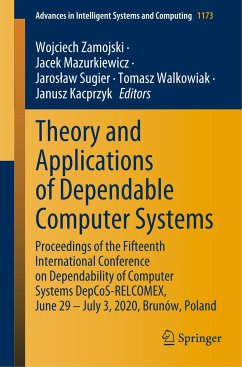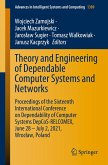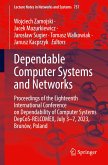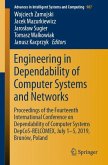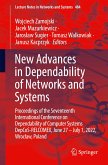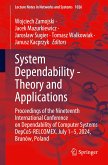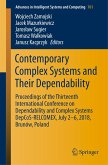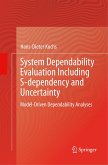This book presents selected papers from the Fifteenth International Conference on Dependability of Computer Systems (DepCoS-RELCOMEX), which illustrate the diversity of theoretical problems in analysis of performability, reliability and security of contemporary computer systems. Covering also methodologies and practical tools involved in this field, it is a valuable reference resource for scientists, researchers, practitioners and students who are dealing with these subjects.
Established in 2006, DepCoS-RELCOMEX is an annual conference series organised by Wroclaw University of Science and Technology. It focuses on the dependability and performability of contemporary computer systems - topics that can provide solutions to new challenges in evaluation of their reliability and efficiency. Since they are probably the most complex technical systems ever engineered by humans, the organization of modern computer systems cannot be modelled and analysed solelyas structures (however complex and distributed) built only on the basis of technical resources. Instead they should be considered as a unique blend of interacting people (their needs and behaviours), networks (together with mobile properties, iCloud organisation, Internet of Everything) and a large number of users dispersed geographically and producing an unimaginable number of applications. This new, interdisciplinary approach is developing a continually increasing range of methods which apply also the latest findings in artificial intelligence (AI) and computational intelligence (CI).
Established in 2006, DepCoS-RELCOMEX is an annual conference series organised by Wroclaw University of Science and Technology. It focuses on the dependability and performability of contemporary computer systems - topics that can provide solutions to new challenges in evaluation of their reliability and efficiency. Since they are probably the most complex technical systems ever engineered by humans, the organization of modern computer systems cannot be modelled and analysed solelyas structures (however complex and distributed) built only on the basis of technical resources. Instead they should be considered as a unique blend of interacting people (their needs and behaviours), networks (together with mobile properties, iCloud organisation, Internet of Everything) and a large number of users dispersed geographically and producing an unimaginable number of applications. This new, interdisciplinary approach is developing a continually increasing range of methods which apply also the latest findings in artificial intelligence (AI) and computational intelligence (CI).

